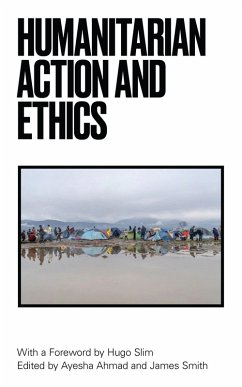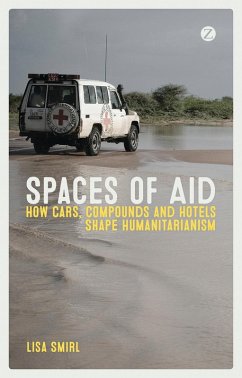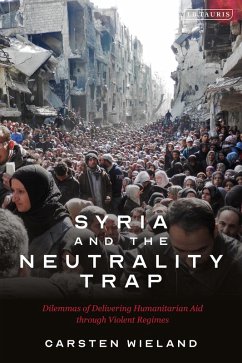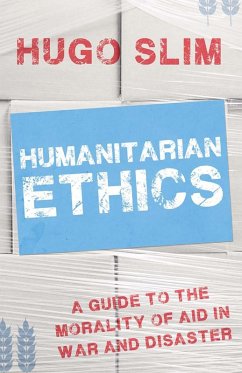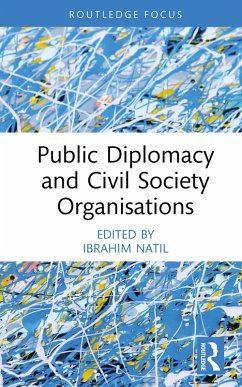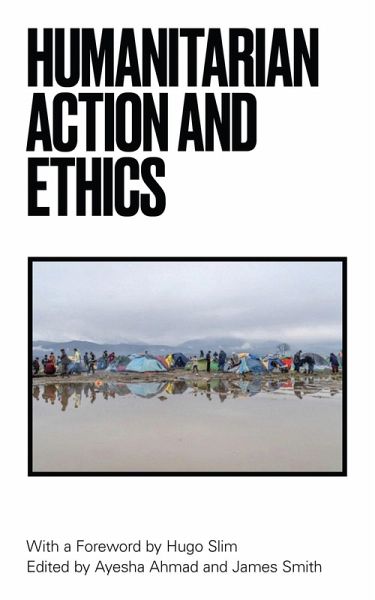
Humanitarian Action and Ethics (eBook, ePUB)
Versandkostenfrei!
Sofort per Download lieferbar
Statt: 29,50 €**
19,95 €
inkl. MwSt.
**Preis der gedruckten Ausgabe (Broschiertes Buch)
Alle Infos zum eBook verschenkenWeitere Ausgaben:

PAYBACK Punkte
10 °P sammeln!
From natural disaster areas to conflict zones, humanitarian workers today find themselves operating in diverse and difficult environments. While humanitarian work has always presented unique ethical challenges, such efforts are now further complicated by the impact of globalization, the escalating refugee crisis, and mounting criticisms of established humanitarian practice. Featuring contributions from humanitarian practitioners, health professionals, and social and political scientists, this book explores the question of ethics in modern humanitarian work, drawing on the lived experience of h...
From natural disaster areas to conflict zones, humanitarian workers today find themselves operating in diverse and difficult environments. While humanitarian work has always presented unique ethical challenges, such efforts are now further complicated by the impact of globalization, the escalating refugee crisis, and mounting criticisms of established humanitarian practice. Featuring contributions from humanitarian practitioners, health professionals, and social and political scientists, this book explores the question of ethics in modern humanitarian work, drawing on the lived experience of humanitarian workers themselves. Its essential case studies cover humanitarian work in countries ranging from Haiti and South Sudan to Syria and Iraq, and address issues such as gender based violence, migration, and the growing phenomenon of 'volunteer tourism'. Together, these contributions offer new perspectives on humanitarian ethics, as well as insight into how such ethical considerations might inform more effective approaches to humanitarian work.




